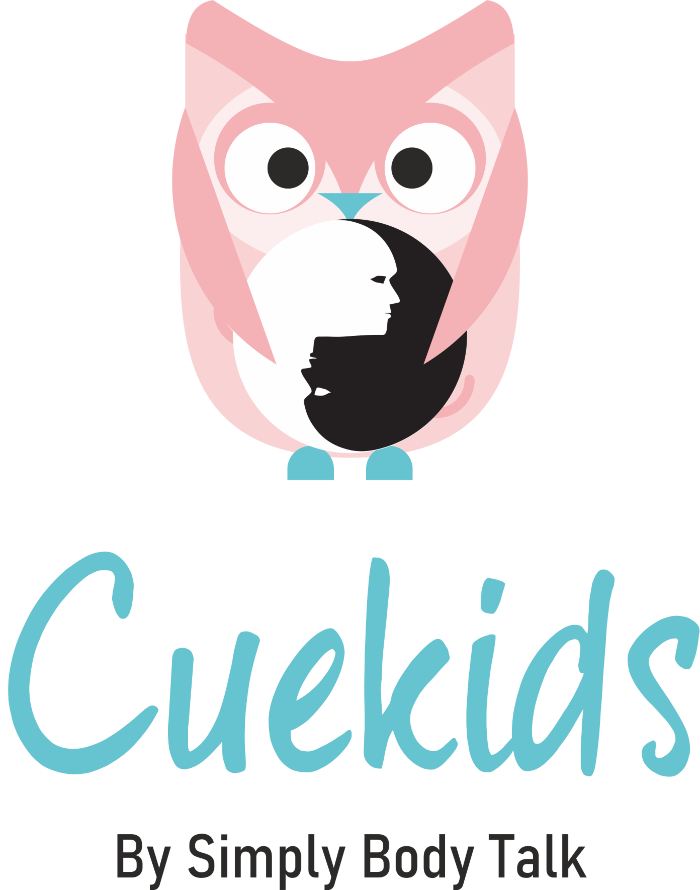A 10-year-old boy, despite being highly driven, motivated, and confident, exhibited aggressive behavior and had a fixed mindset. He often wanted things his way and displayed aggressive communication, particularly with family members
Challenge or Goal:
The parents sought coaching to help their son manage his aggression, develop emotional intelligence, and improve his communication skills. They wanted him to understand his emotions better and express himself in healthier ways while also boosting his confidence in handling relationships constructively.
Pre-assessment Result:
The initial assessment confirmed the parents’ concerns about their son’s aggressive behavior and fixed mindset. Further exploration revealed underlying issues related to emotional triggers and conflicts, highlighting the need for a deeper understanding of his aggression, body language and emotional intelligence.
Coaching Approach:
The coaching approach focused on building deep emotional intelligence, helping the boy understand his triggers and conflicts, and uncovering the layers of what his aggression truly communicated. Techniques included strategies for managing emotions, shifting ways of expressing oneself, and working on his locus of control. Additionally, sessions were dedicated to building gratitude, empathy, and a vision for self. These efforts also tied into enhancing his personality development, enabling him to better navigate various social and emotional challenges.
Know more about CueKids Personal Coaching Programs
Progress and Successes:
Throughout the coaching process, the boy made significant progress in understanding himself and managing his emotions. Milestones included improved emotional regulation, healthier expression of feelings, and increased self-awareness. Breakthrough moments were experienced during sessions where he gained insights into his triggers and developed strategies to handle them constructively.
Obstacles and Setbacks:
Occasional setbacks occurred, particularly when the boy struggled with deeply ingrained habits of aggressive communication. These challenges were addressed by reinforcing the coaching techniques and providing consistent support to ensure he could apply the strategies effectively. His body language was also monitored as a key indicator of his emotional progress.
Parent Involvement:
Parents played an active role in the coaching journey, participating in sessions when necessary and implementing strategies learned to support their son’s growth outside of coaching sessions. Regular communication and feedback exchanges facilitated a collaborative approach, ensuring that coaching interventions were aligned with the home environment.
Outcomes and Impact:
The coaching intervention had a profound impact on the boy’s life. He demonstrated a better understanding of himself, improved emotional management, and healthier ways of expressing his feelings. At the end of the coaching sessions, he expressed to his parents that the sessions had changed his life, highlighting the transformative effect of the coaching. Parents reported noticeable improvements in his behavior, including a greater sense of gratitude, empathy, and a more positive vision for his future, reinforcing the success of the intervention.






Leave A Comment